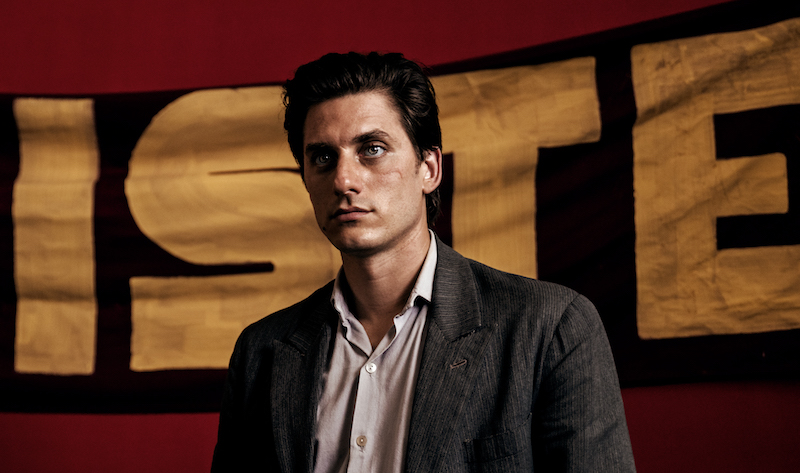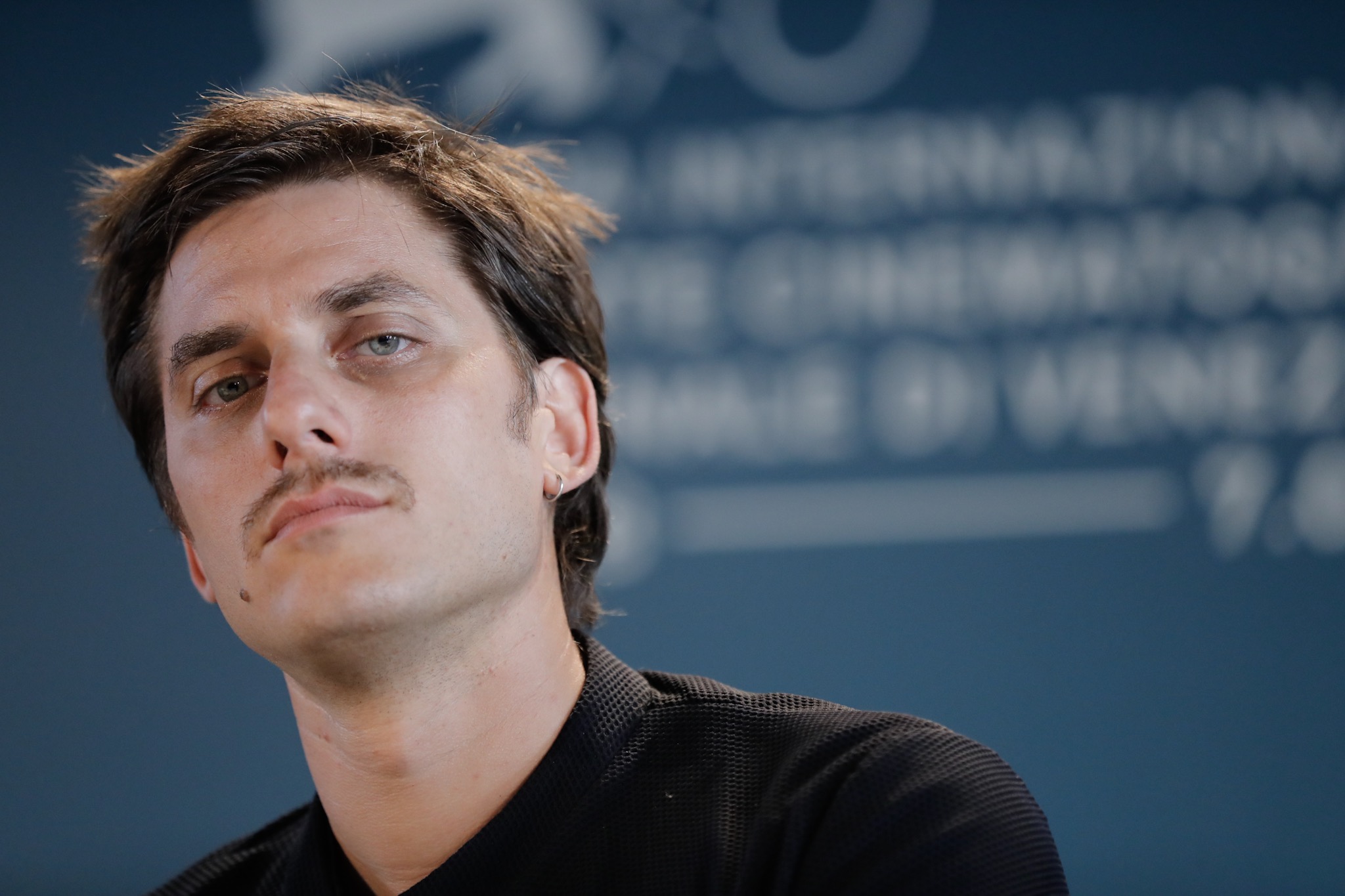“I know Martin Eden is gonna be proud of me
And many before me who’ve been called by the sea
To be up in the crow’s nest singin’ my sayin’
Shiver me Timbers I’m a sailin’ away”
Tom Waits, “Shiver Me Timbers”
Jack London’s semi-autobiographical ‘Martin Eden’ can best be explained as a commentary on the artist and his struggle. In particular, the writer’s dilemma of “you’re damned if you do and damned if you don’t” get published. Much of the beginning of Pietro Marcello’s film adaptation of the novel deals with Eden struggling to get published. And once that magical acceptance arrives, it brings all the trappings and troubles art that is a success typically brings with it.
Marcello’s genius in making ‘Martin Eden’ lay in his moving the story from San Francisco to Naples, but mostly in his casting. As Eden, Italian actor Luca Marinelli shines, and gives a tour-de-force performance that sees him go through all the stages of his character’s life as well as the travails and achievements. I could not imagine sitting through ‘Martin Eden’ without Marinelli walking me through this tale of love’s inspiration and love’s staleness. He proved himself the actor of his generation.
Upon meeting Marinelli, what struck me first were his humble ways and simplicity. Wearing a cap, dressed in single tone dark blue, with just a hint of a mustache framing his lips, gone was the bigger than life Martin Eden, and in came Luca Marinelli — man, actor, husband and father. When asked if he, as a successful actor, also has to deal with class issues, as Eden does in the film, he answered “are you talking about me? Because I am not a successful actor, I’m an actor. Sometimes successful, sometimes not…”
Marinelli also admitted that he studied at the Theater Academy in Rome, because he “didn’t get into the Cinema Academy,” but of course, he’s got the last laugh now. When queried if he had a favorite book by London, he answered, “‘Martin Eden’ is my favorite book and I don’t say that because it’s politically correct.” But also conceded that just before filming he read ‘The People of the Abyss’ and liked the way London wrote it “like a documentary of the people of East London, he immersed himself in an investigation of the people, like [Pier Paolo] Pasolini — without judgement.”
When asked about the different time periods which the film weaves in and out of effortlessly, and whether those changes were challenging for him, he once again found a way to minimize his great talent. “I think my stupidity sometimes helped… in the filming process,” he replied simply, with a knowing smile.
Following are three questions I got to ask Luca Marinelli in Venice, where ‘Martin Eden’ premiered in Competition at the Venice Film Festival — just a few days before his Coppa Volpi win.

What was the most challenging part of this character? Because you go into a Neapolitan accent and you’re not Neapolitan and there are all these different layers to Martin Eden…
Luca Marinelli: The Neapolitan, it’s not an accent, it’s not a dialect — it’s really a language. Sometimes when they spoke with me at the beginning, I was like “What he said Pietro?” Really, it’s completely different. So I started to learn this language, I had a coach, very patient, and he worked with me on the script but also on the street. I remember myself telling him like a little child in primary school all the numbers in Neapolitan, all the months, all the days of the week in Neapolitan. Like in primary school. Yeah, that was challenging. But then being with Pietro for me was the biggest part of the work. Walking with him through Napoli, meeting all the people you’ve seen in the movie, because a lot of his friends are in the movie. I melted in Pietro’s world and that was really important for me, because his vision is so powerful. His soul is so powerful. All the difficulties were gone for me, really.
Do you think Martin Eden is a hero, or an anti-hero?
Marinelli: I think if you want to be politically correct he’s an anti-hero. But I think his world of feelings belongs to a hero. Jack London for me is a hero, a real hero. And maybe he criticized himself, in this work and so he created an anti-hero. I say to Jack London that he is a hero, but he created an anti-hero — a negative hero, “un eroe negativo” we say in Italy.
Do you think love allows for freedom, or as an artist one should not be in love?
Marinelli: You have to be in love, you have to have a family [points to his wedding ring] you have to very grounded, I think so. I think it’s really important to have a very strong life, and it’s also good, as [Roberto] Benigni did, even in his Oscar speech, he always talked about love. Every time, everywhere. Maybe Jack London saved himself [unlike Martin Eden] because he met this fantastic woman.


